The Libyan Society for Birds Celebrates World Migratory Bird Day 2023.
On Saturday, 14 October 2023, the Libyan Society for Birds celebrated World Migratory Bird Day in collaboration with the Libyan Center for Biotechnology Research at the Center’s premises. The event was organized by the Center’s Department of Environment and Food, with generous hosting by the Center.
Event Activities
The celebration consisted of two main parts:
🔹 Theoretical Part:
- The event began with welcoming remarks from the Libyan Center for Biotechnology Research, followed by a speech from the Libyan Society for Birds.
- An introductory lecture was delivered on World Migratory Bird Day, explaining how this occasion is celebrated globally, along with a review of previous celebrations in Libya, which started in 2013.
- A scientific lecture on wetlands discussed their environmental importance, the threats they face, and ways to protect them, in line with this year’s theme: “Water and Its Role in Bird Conservation.”
- Another lecture focused on the Winter Count of Waterbirds in Libya (Libyan IWC), presenting the history of ornithological studies in the country, with emphasis on the annual winter survey conducted from 2005 to 2022.
- Before concluding the theoretical session, a documentary video was shown highlighting the activities of the 2023 winter waterbird surveys in Libya.
🔹 Practical Part:
After the theoretical session, participants visited the Al-Hadba Wastewater Treatment Plant, where waterbirds were observed and recorded on site. The area showed good bird diversity, including some threatened species such as the Marbled Duck and Ferruginous Duck.
In conclusion, the Libyan Society for Birds extends its sincere thanks and appreciation to all who participated and contributed to the success of this event, emphasizing the importance of continuous cooperation between scientific and environmental institutions to preserve the environment and protect natural resources.
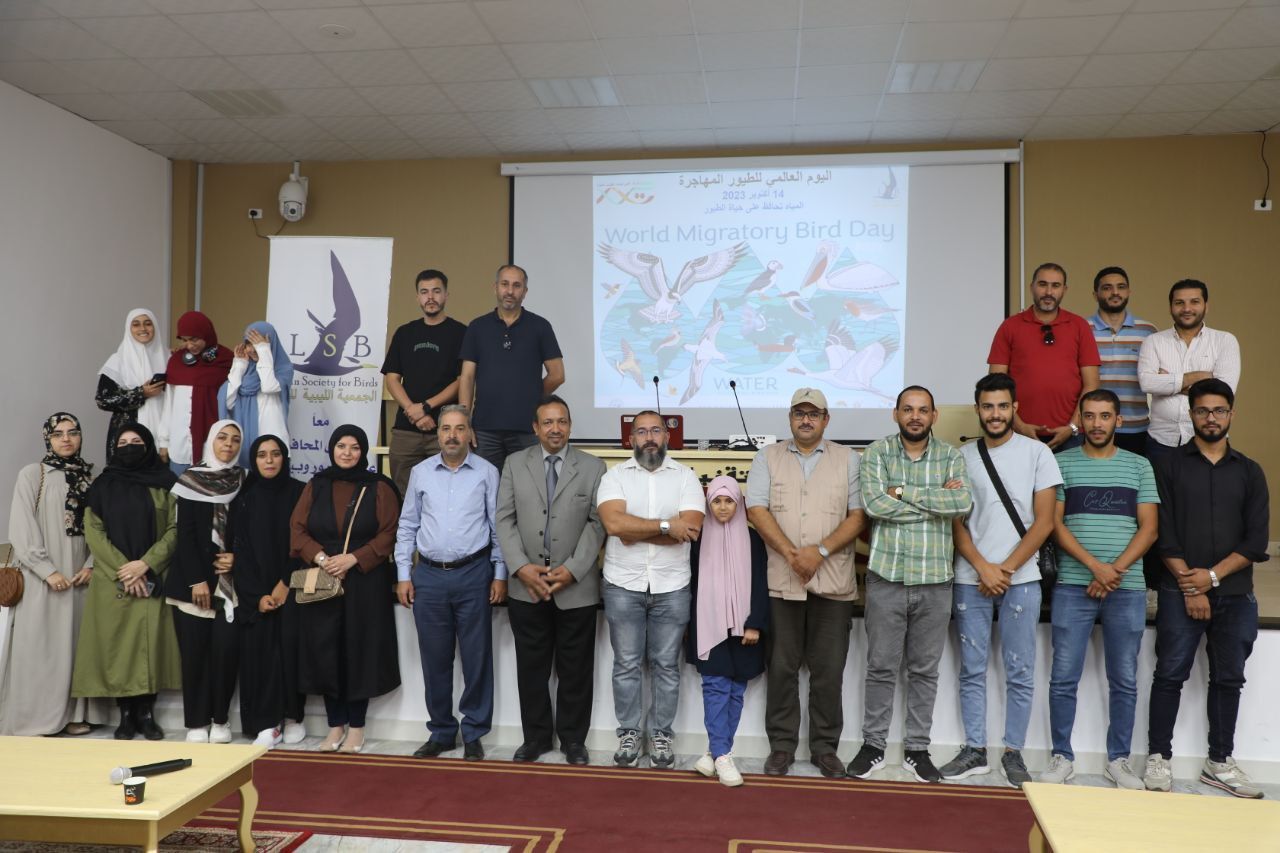
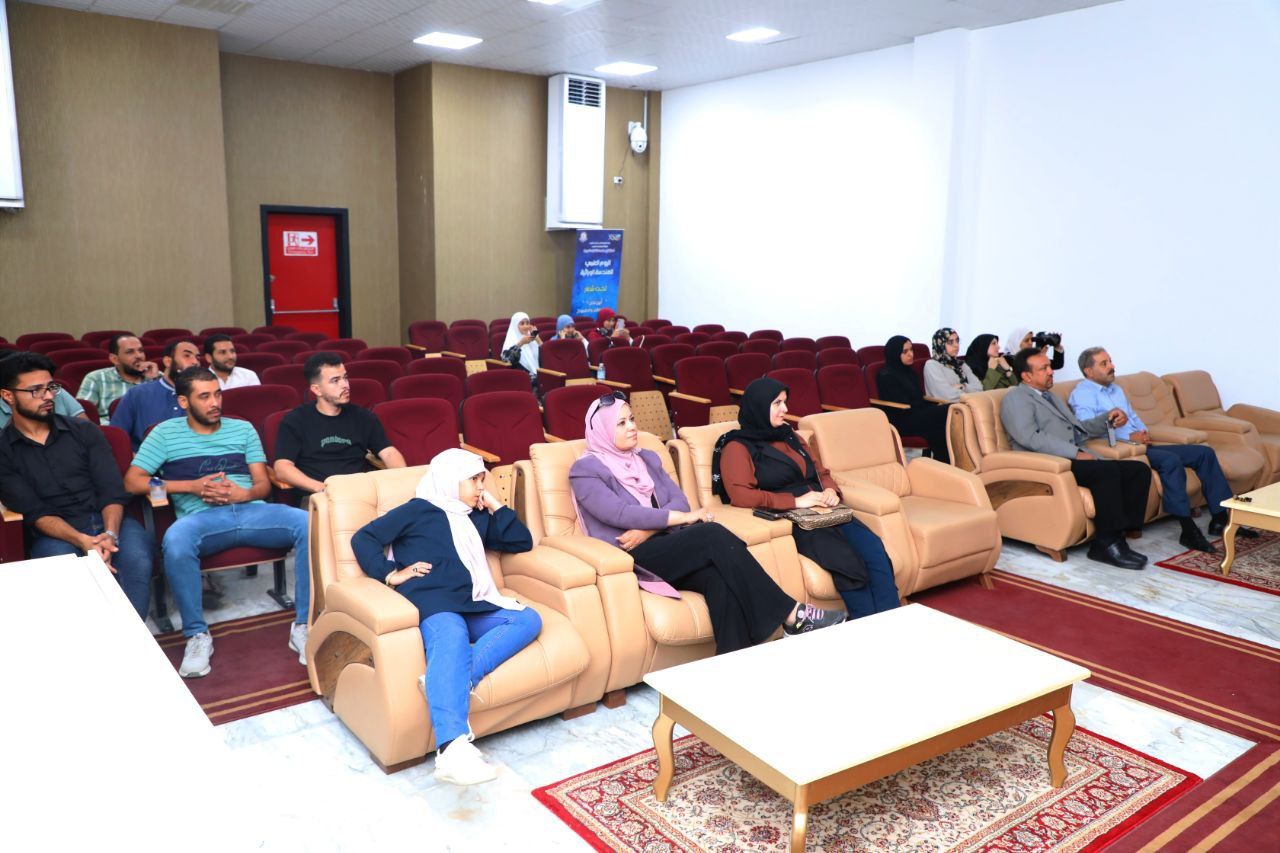
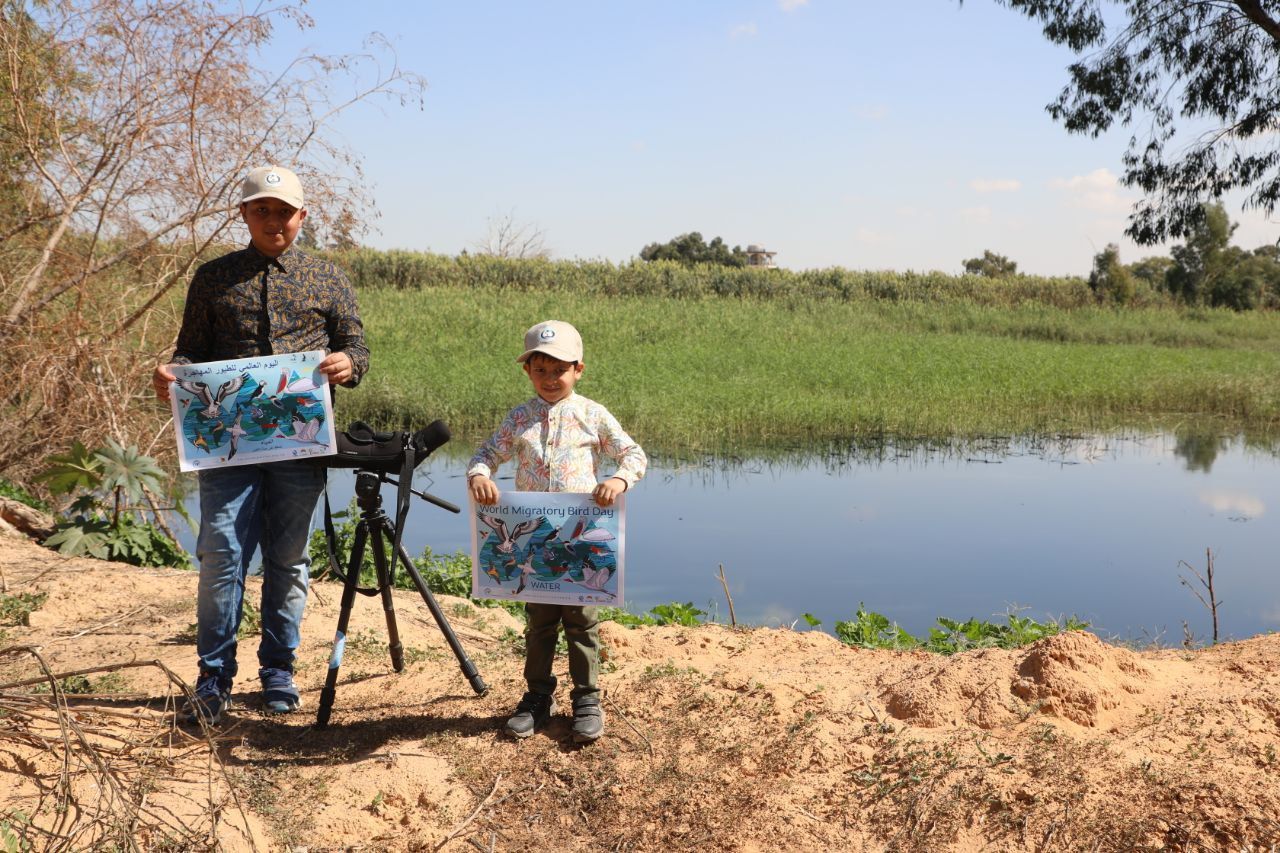
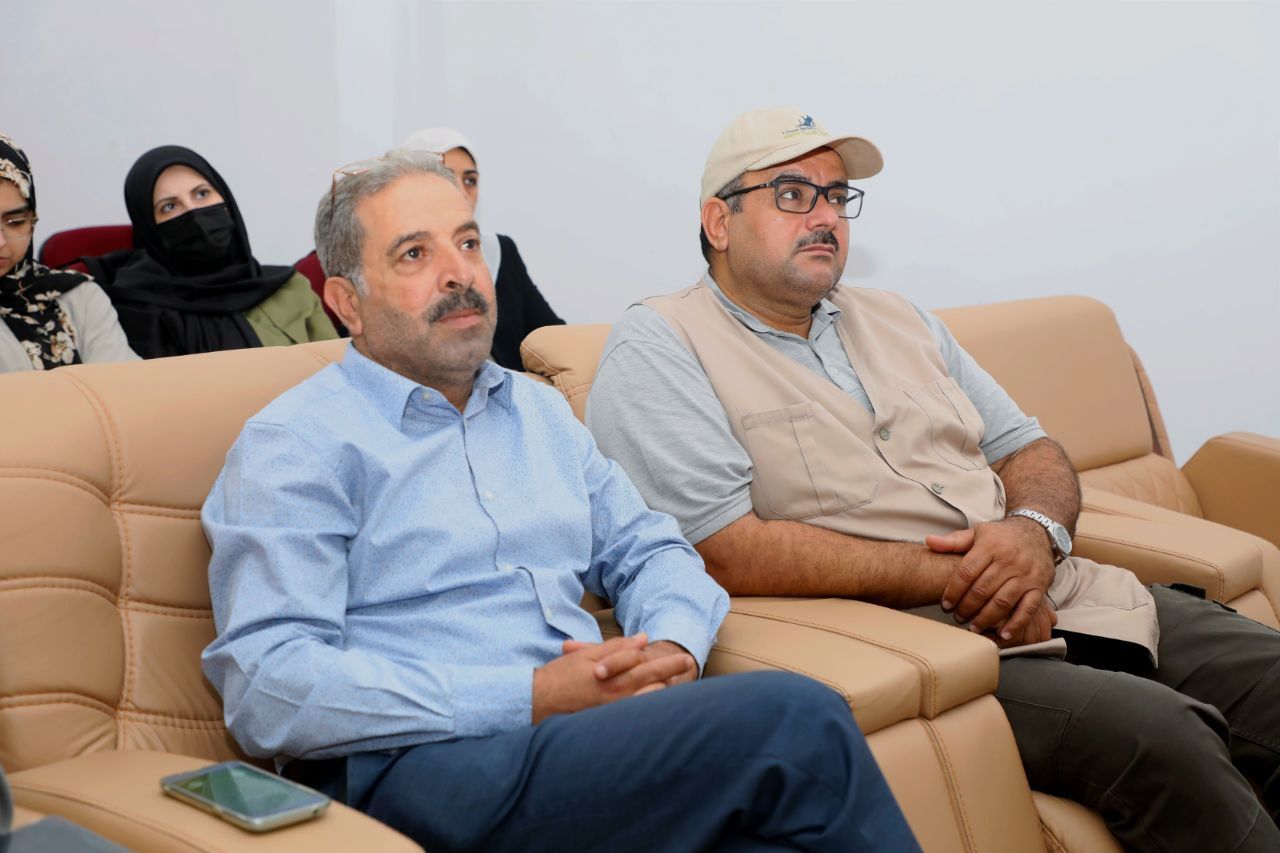
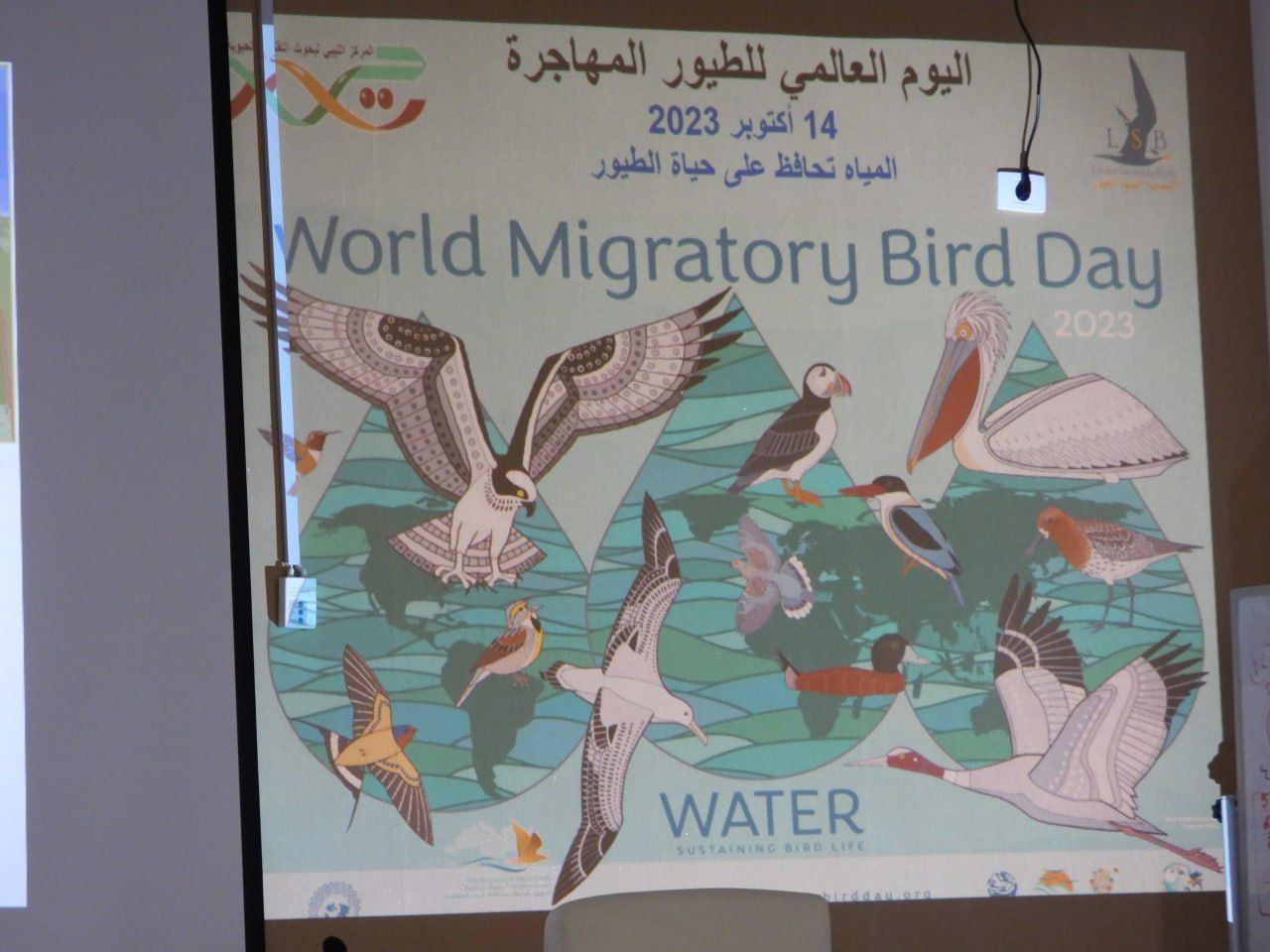
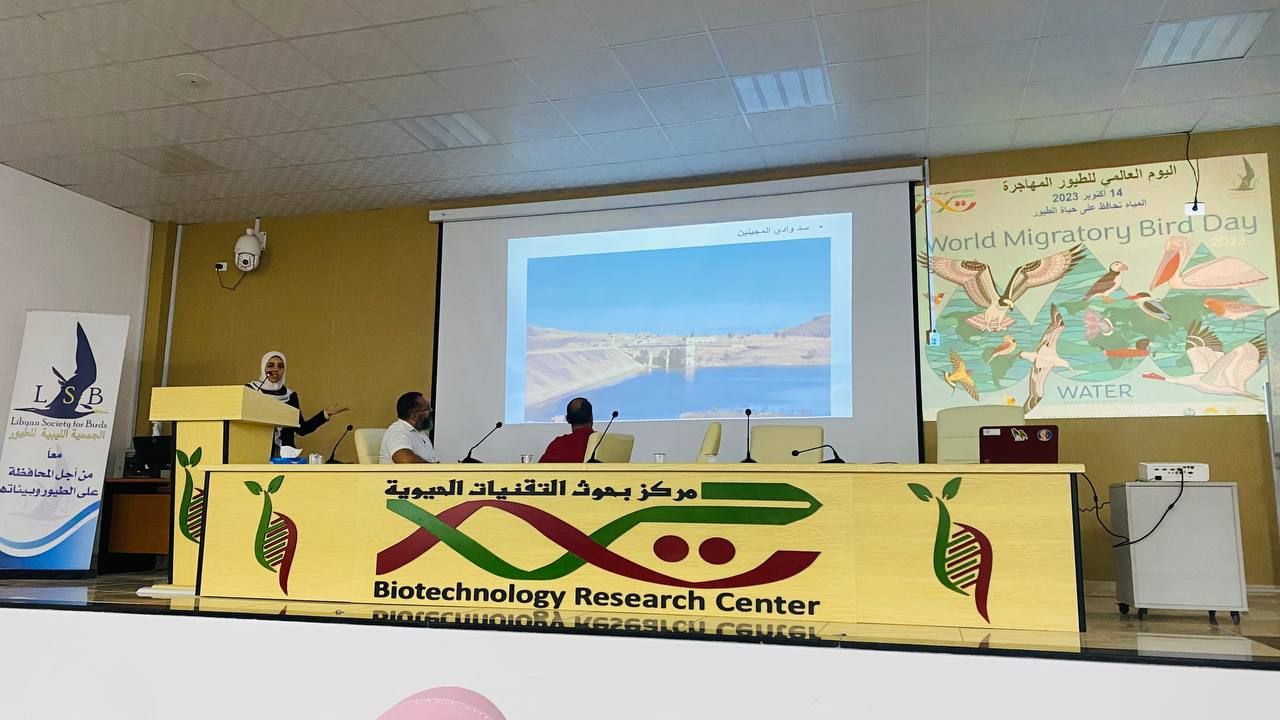
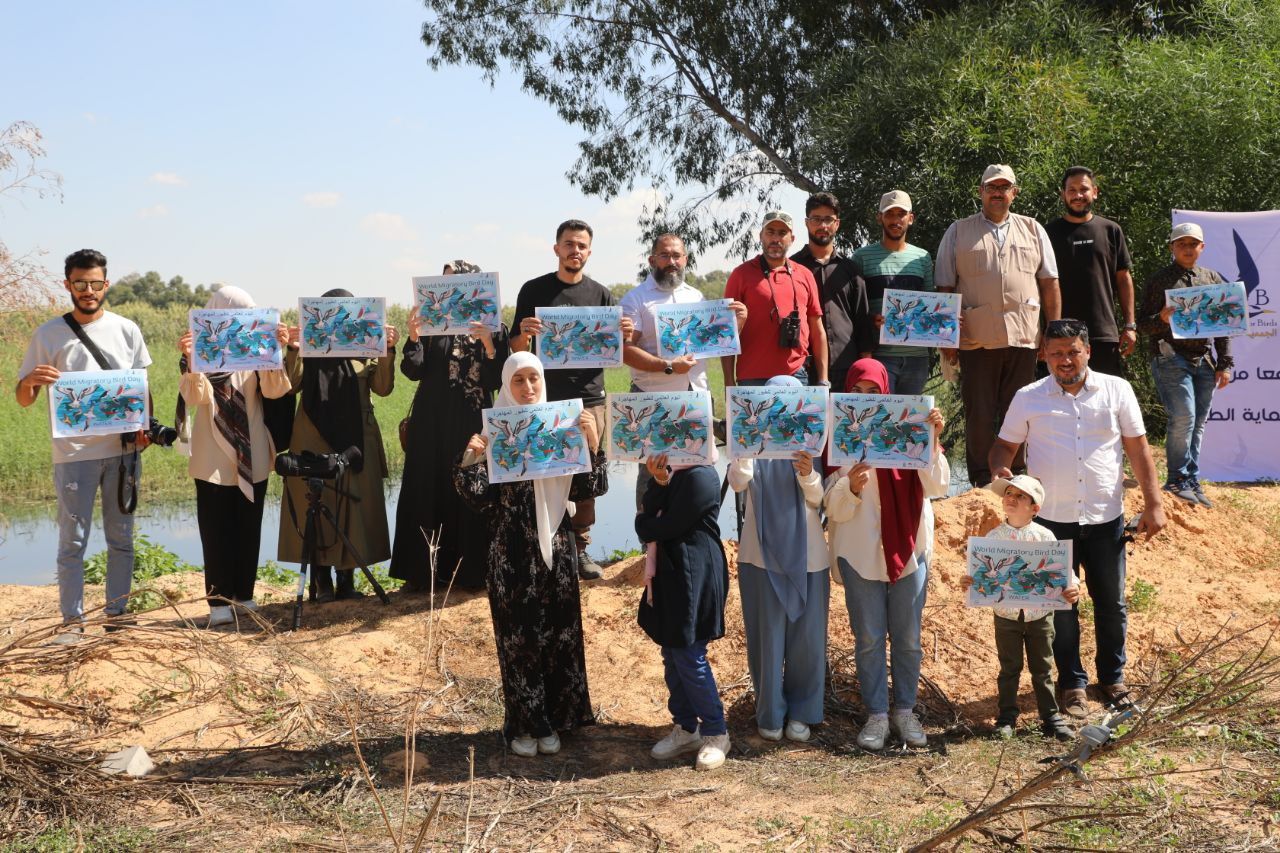
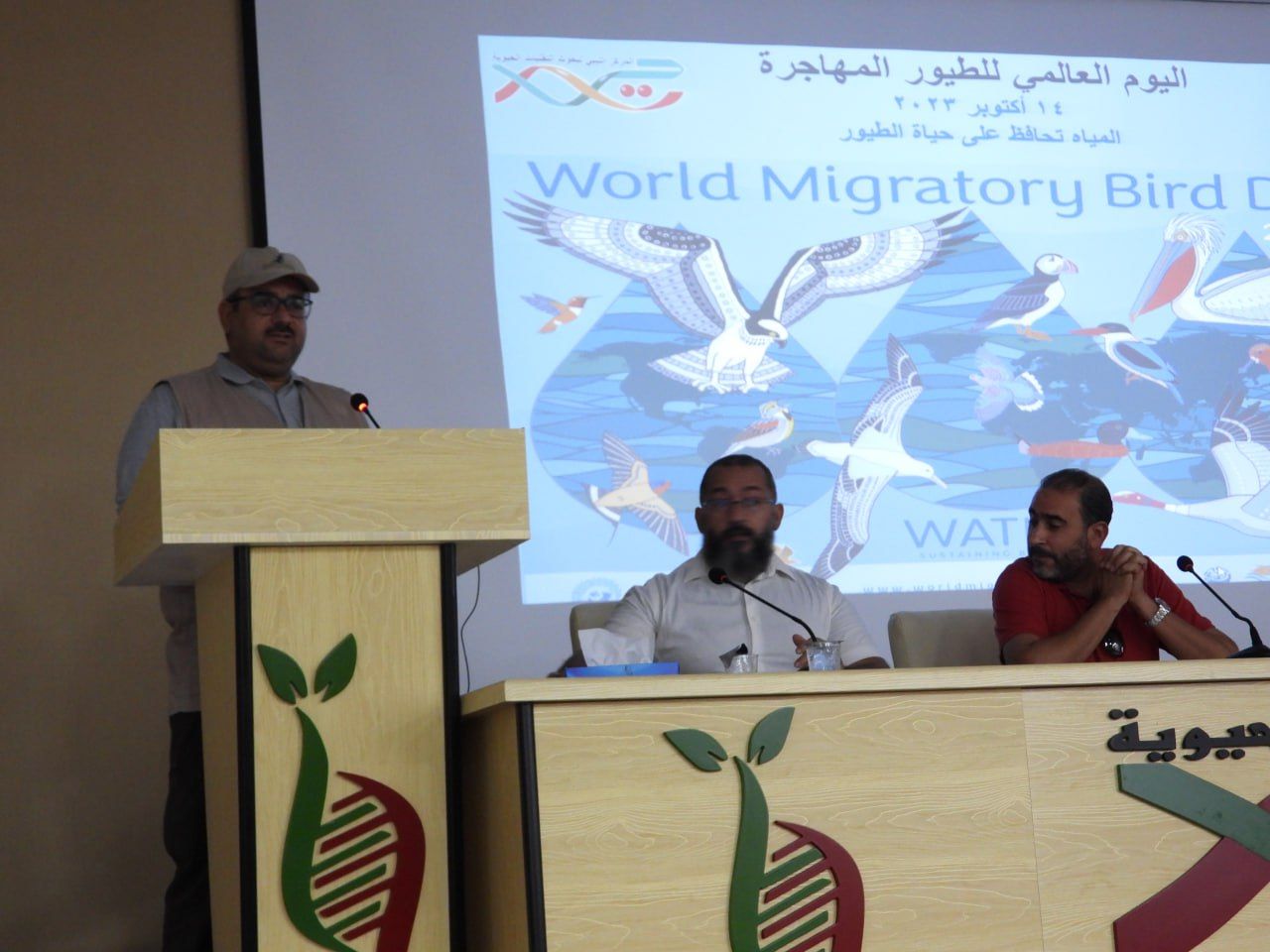
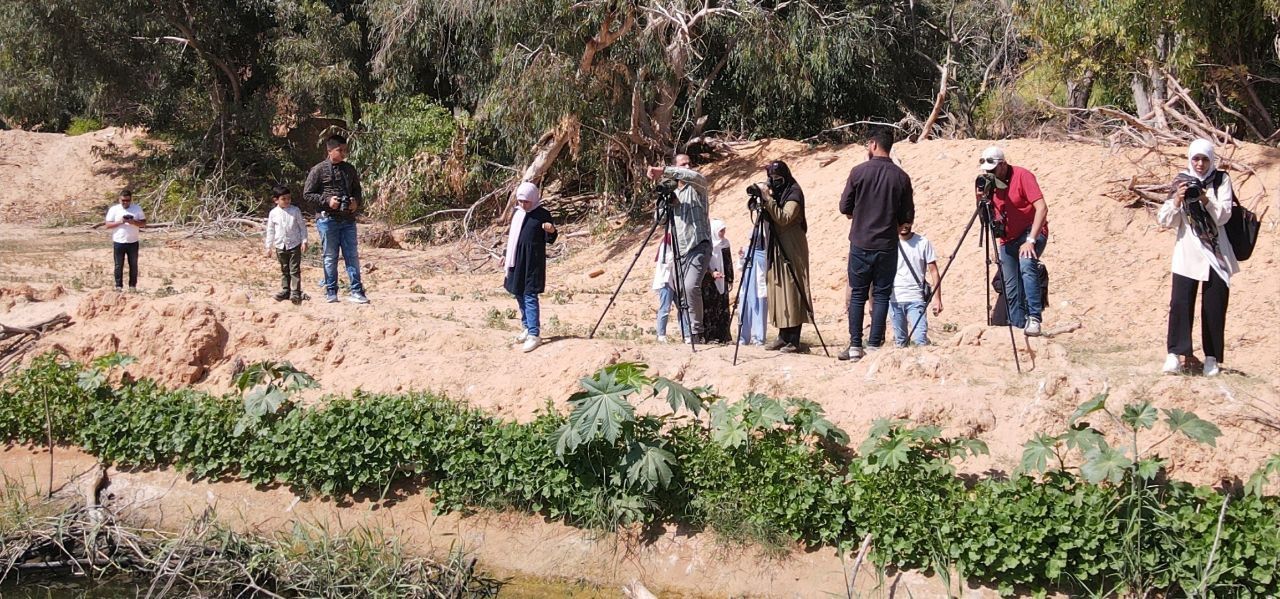
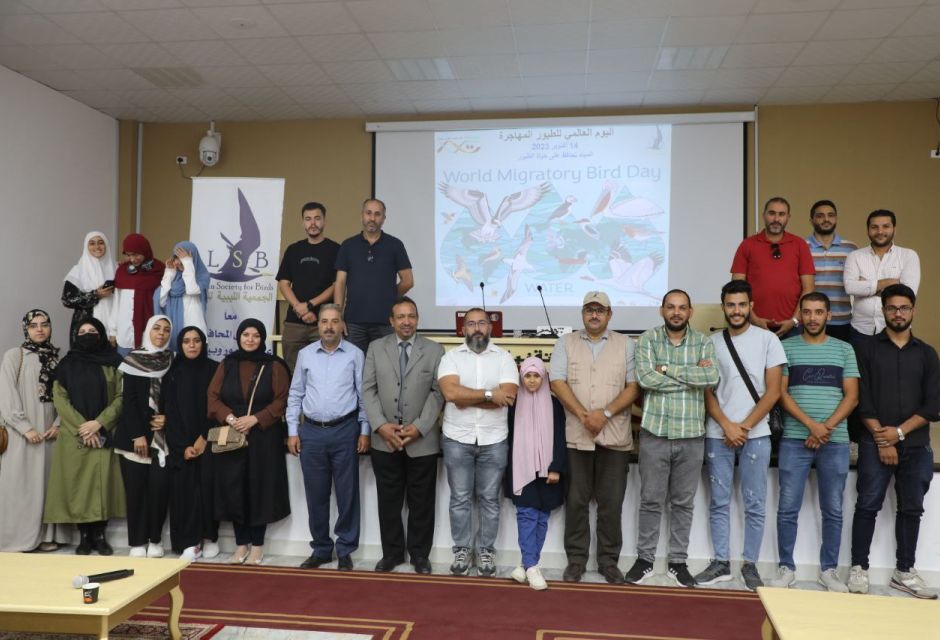
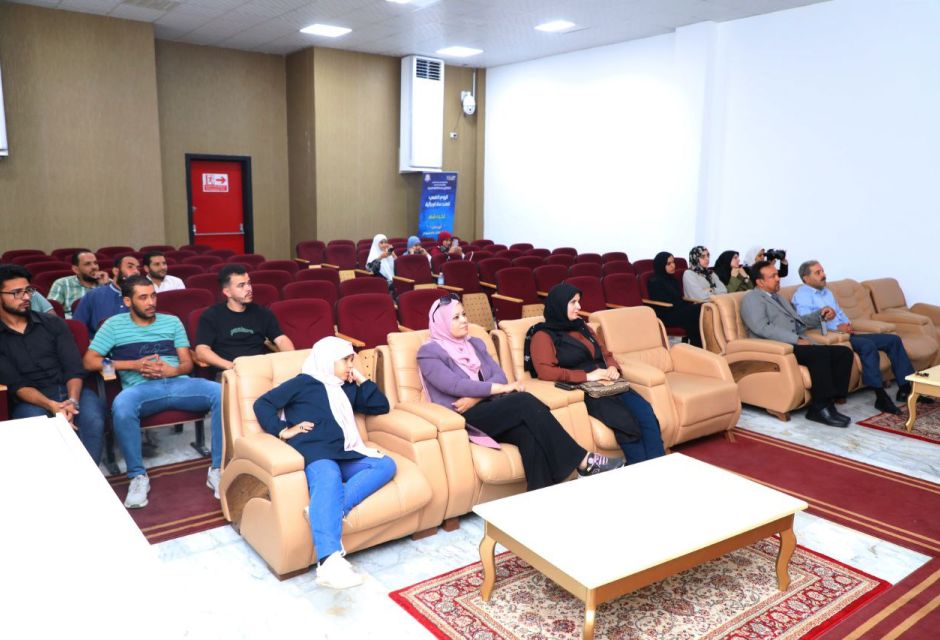
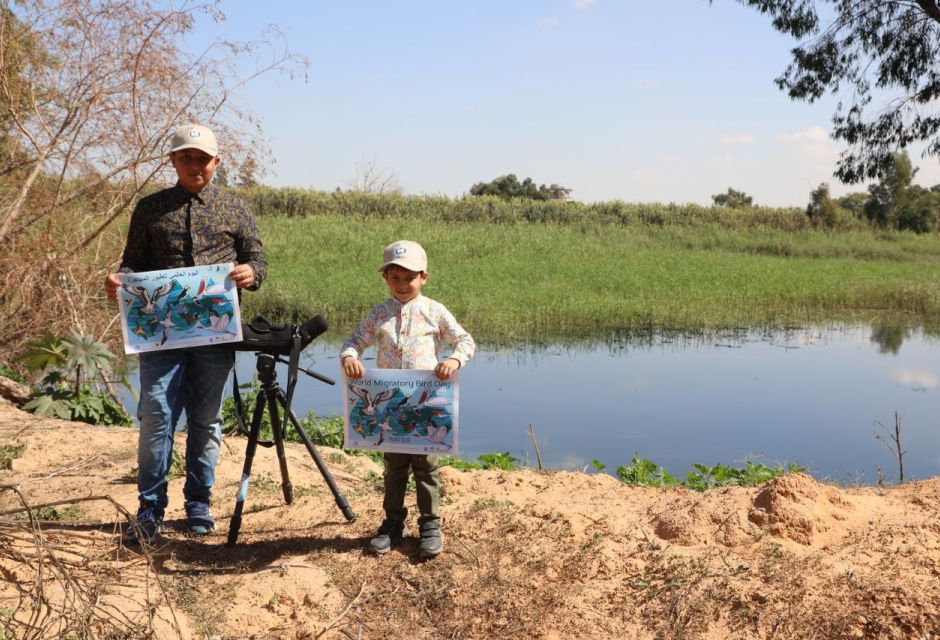
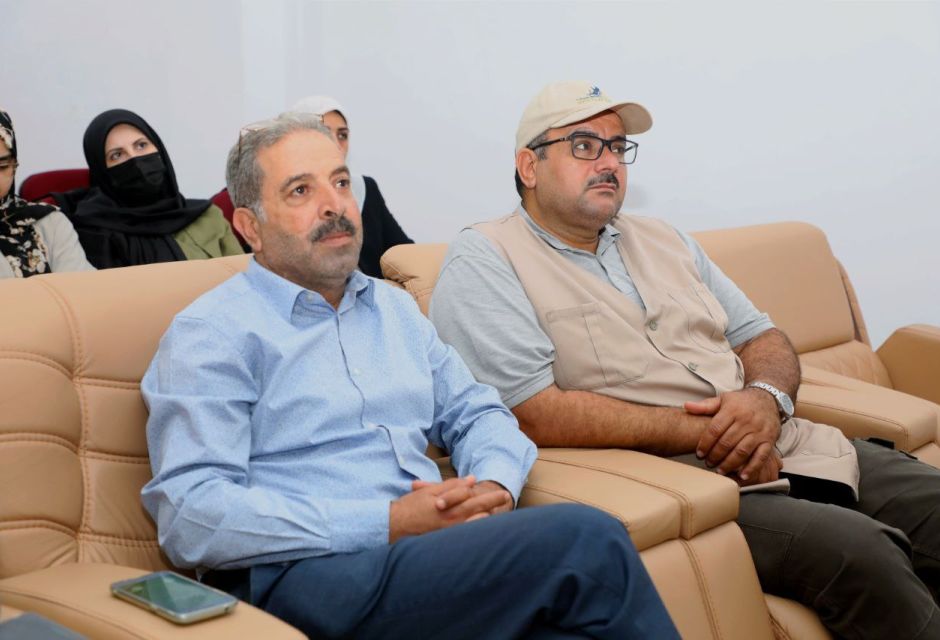
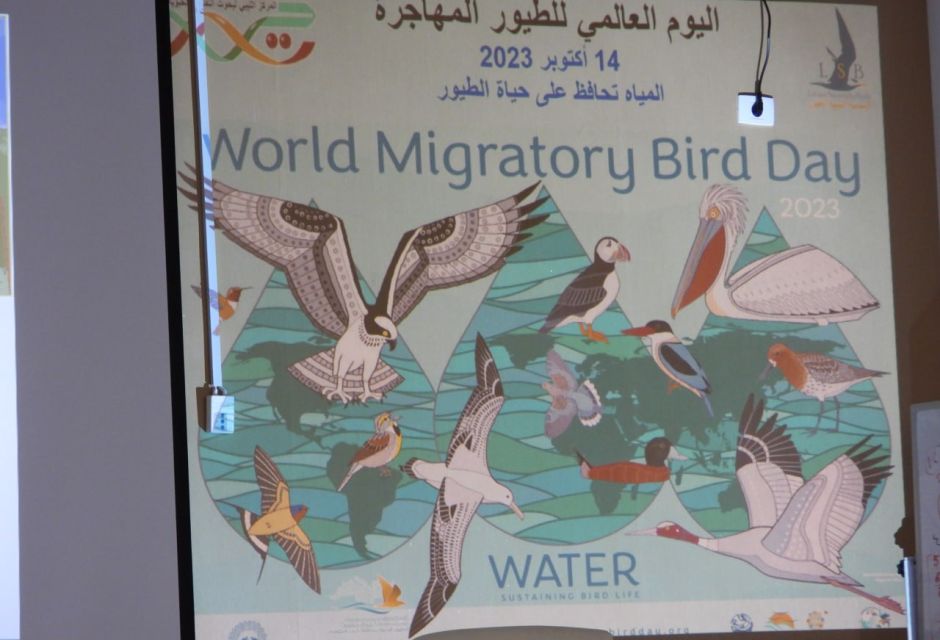
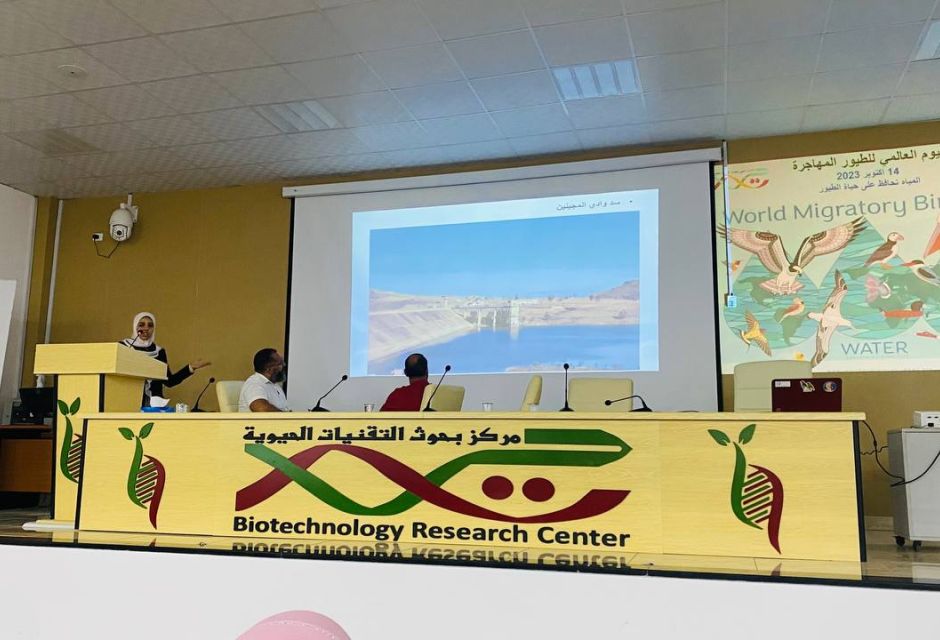
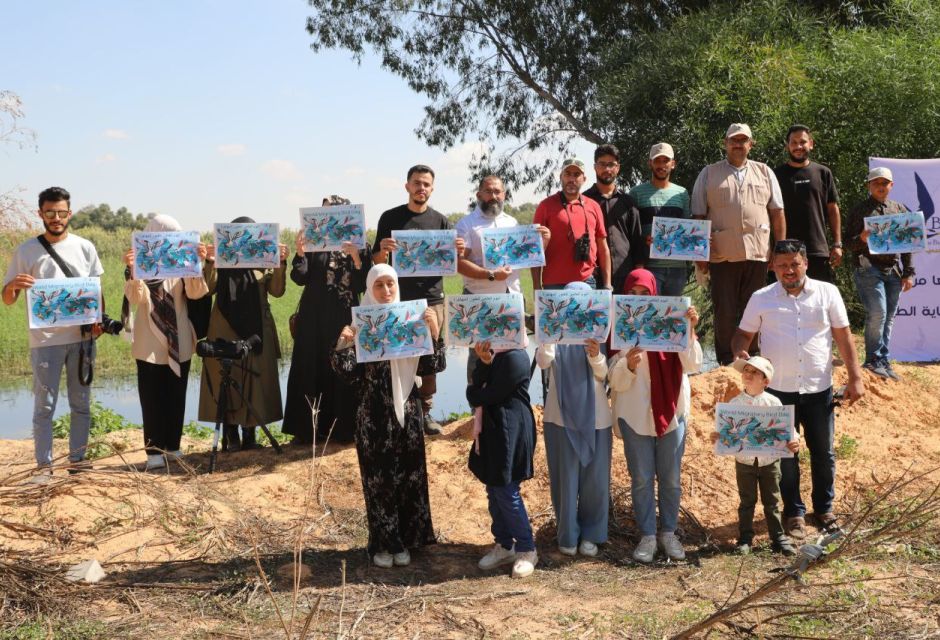
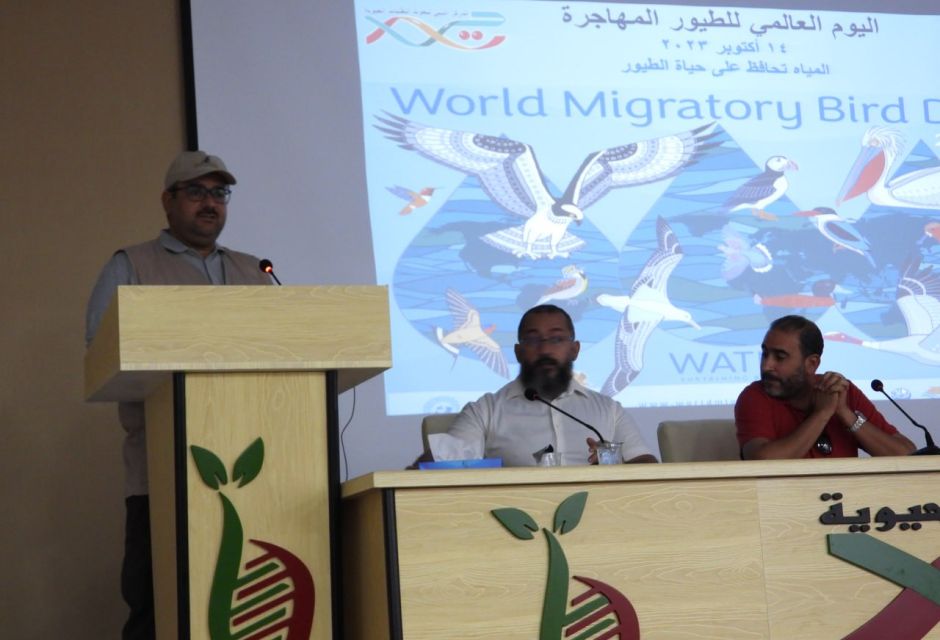
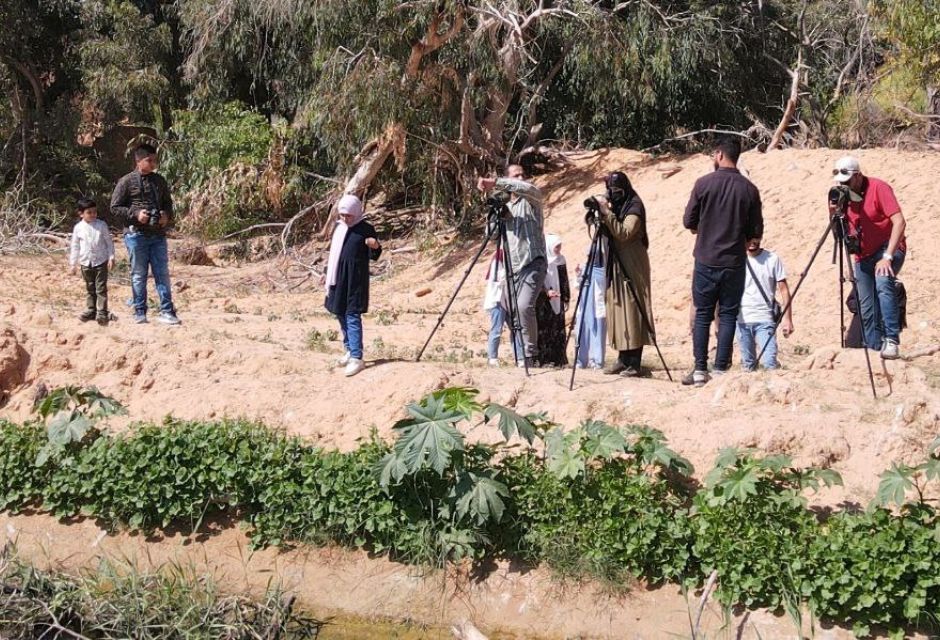
Leave a Reply